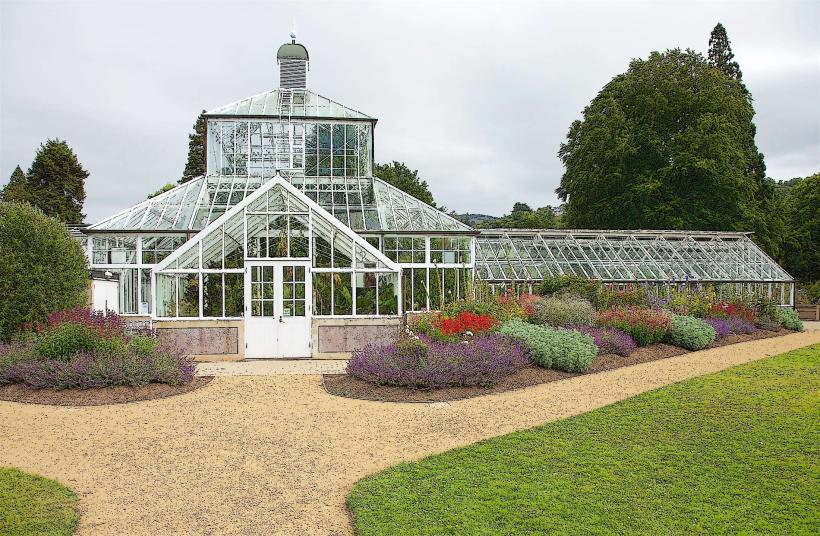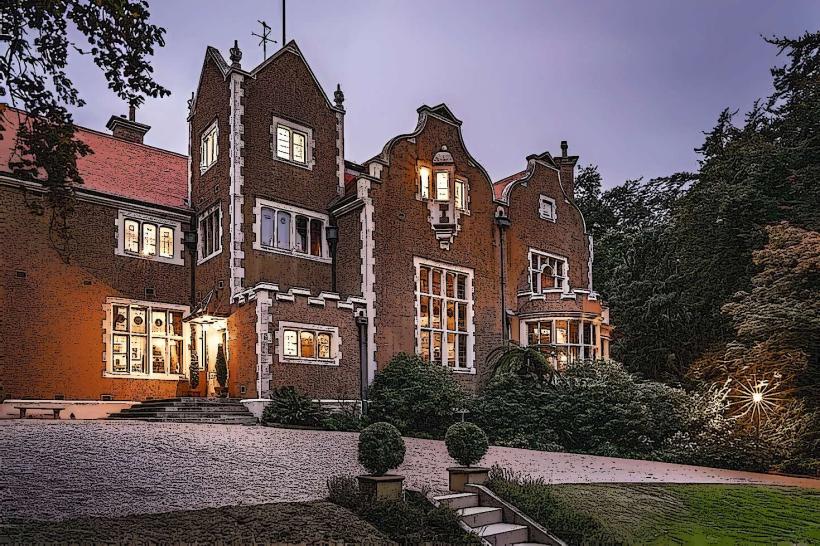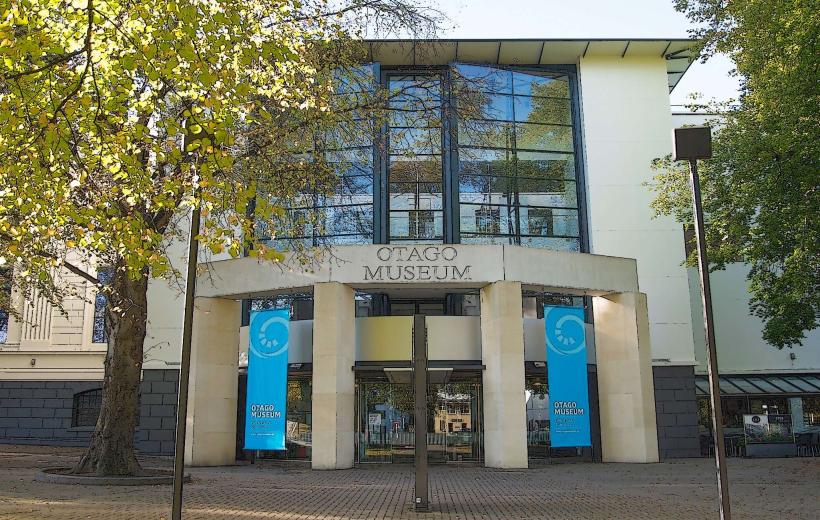Information
Landmark: Dunedin Chinese GardenCity: Dunedin
Country: New Zealand
Continent: Australia
The Dunedin Chinese Garden is a stunning, traditional Chinese garden located in the heart of Dunedin, a city in the Otago region of the South Island of New Zealand. This unique garden is a tribute to the historical and cultural connection between Dunedin and the Chinese community, particularly focusing on the contributions of Chinese immigrants who arrived during the 1860s gold rush.
Key Features of the Dunedin Chinese Garden:
1. Historical Significance
The Dunedin Chinese Garden was officially opened in 2008, though its roots go back to Dunedin’s early history when Chinese immigrants settled in the area during the Otago gold rush of the 1860s. The Chinese played a significant role in the region’s development, and the garden was established as a way to recognize and honor their contribution to the city’s growth and heritage.
The garden also commemorates the long-standing cultural exchange between New Zealand and China, reflecting the broader Chinese influence on New Zealand’s development.
2. Design and Architecture
The Dunedin Chinese Garden is designed in the traditional Sui and Tang dynasties style of classical Chinese gardens. Its layout is inspired by the classic garden design principles of balance, harmony, and symbolism, with each feature reflecting elements of Chinese philosophy and aesthetics.
The garden covers about 1,000 square meters and consists of several key sections:
- Rockeries: Central to the design, the rock formations symbolize the mountains, which are important in Chinese culture as representations of stability and endurance.
- Ponds and Water Features: Water symbolizes life and renewal in Chinese culture. The ponds are populated with koi fish, which represent good fortune and prosperity.
- Pavilions: Traditional Chinese-style buildings offer a place for rest and reflection, often overlooking scenic views of the garden. These pavilions are intricately designed, with wooden beams, carved screens, and decorative tiles.
- Walkways and Bridges: Stone paths wind through the garden, leading visitors to different areas of the garden, while traditional bridges cross the ponds, adding to the serene and contemplative atmosphere.
- Plants and Trees: The garden features a variety of traditional Chinese plants, including bamboo, lotus flowers, and cherry blossoms, which are carefully chosen for their symbolic significance in Chinese culture. For example, the peony is often seen as a symbol of wealth and prosperity, while the bamboo symbolizes strength and resilience.
3. Cultural and Educational Experiences
The Dunedin Chinese Garden offers visitors a unique cultural experience, not only by showcasing beautiful landscaping but also by providing educational opportunities to learn about the history of the Chinese community in Dunedin and their contributions to the region’s economy, culture, and society.
The garden includes displays that detail the history of the Chinese gold miners, their lives in early New Zealand, and the challenges they faced. These displays are designed to provide context and understanding of the garden’s significance.
There is also a Chinese heritage center within the garden where visitors can learn about Chinese culture, including art, language, food, and festivals. The garden hosts regular events and activities such as cultural performances, Chinese New Year celebrations, and educational workshops.
4. Symbolism and Philosophy
The Chinese garden design emphasizes the symbolic use of elements such as water, rocks, plants, and architecture to create a harmonious space. The balance of these elements is intended to reflect the philosophy of yin and yang, which represents the interconnectedness of opposites in the universe.
In Chinese philosophy, gardens are designed as places of meditation, reflection, and connection to nature, and the Dunedin Chinese Garden offers visitors an opportunity to experience this tranquil environment firsthand.
5. Visitor Experience
The Dunedin Chinese Garden offers a serene and peaceful experience, where visitors can wander through the garden, taking in the sights, sounds, and scents of the carefully curated landscape. The gardens are designed to allow visitors to appreciate the garden from multiple angles, with each turn offering a new view or perspective.
The garden also provides opportunities for photography, with the traditional architecture, lush greenery, and reflective water features providing picturesque backdrops for visitors to capture the beauty of the space.
The garden is open year-round, and each season brings different beauty, from the vibrant blossoms of spring to the tranquil stillness of winter.
6. Connection with Dunedin’s Heritage
The garden is located in Dunedin’s historic district, adding to the city’s rich cultural offerings. Dunedin itself is known for its Victorian and Edwardian architecture, and the Chinese Garden complements this aesthetic by blending traditional Chinese design with the city’s European heritage.
The Dunedin Chinese Garden is a part of the city’s broader efforts to celebrate and preserve the contributions of various cultural groups to its development. It is a place where visitors can explore and reflect on the city’s multicultural history.
7. Visitor Amenities and Services
The garden has a gift shop that offers a variety of Chinese-inspired products, including traditional Chinese teas, artwork, jewelry, and books on Chinese culture and history.
There is also a tea house on the premises where visitors can enjoy traditional Chinese tea while overlooking the peaceful garden. The tea house serves as a relaxing spot to pause and enjoy the tranquil surroundings.
Summary
The Dunedin Chinese Garden is a beautifully designed and culturally rich garden that celebrates the historical and ongoing contributions of the Chinese community to New Zealand’s heritage. Located in Dunedin, it offers visitors an immersive experience in traditional Chinese garden design, with its symbolic use of natural elements like water, rocks, and plants. The garden serves as both a serene retreat and an educational space that highlights the importance of the Chinese gold miners and their legacy in New Zealand. It is a place where visitors can connect with nature, reflect on the country’s multicultural history, and experience the tranquility of a classical Chinese garden.

























